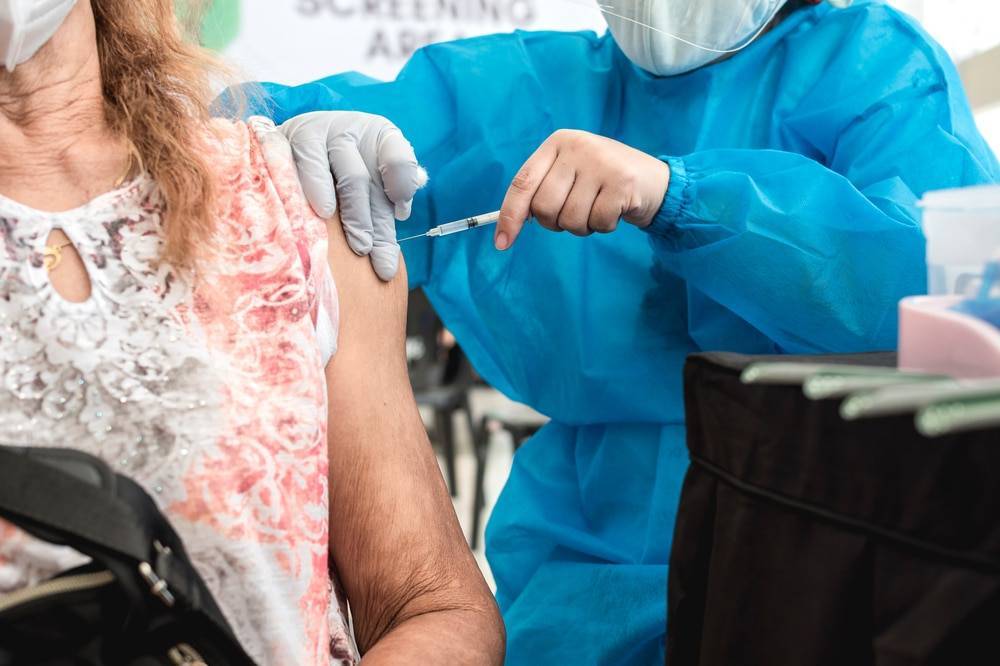In a recent statement, AGRI Party-list Representative Wilbert Lee emphasised that the Philippine Health Insurance Corp. (PhilHealth) should not solely function as a repository for investments. He stressed that PhilHealth should instead utilise its considerable resources to assist indigent patients in need.
Lee’s remarks shed light on PhilHealth‘s challenges. He also asked the organisation to recalibrate its priorities to ensure equitable healthcare provision for all Filipinos.
Disproportionate Investment vs. Patient Care
Lee highlighted that PhilHealth currently holds more than P466 billion in investible funds, alongside substantial government subsidies amounting to P100 billion. Despite this significant financial backing, Lee noted that PhilHealth’s contribution towards covering its members’ medical expenses remains disproportionately low. This disparity raises concerns about PhilHealth’s investment strategy’s efficacy and alignment with its mandate to provide accessible and affordable healthcare services to all Filipinos.
Impact on Patients
The consequences of PhilHealth’s investment-focused approach are felt acutely by patients, particularly those from economically disadvantaged backgrounds. Lee cited instances where individuals faced substantial out-of-pocket expenses despite being PhilHealth members. He highlights the inadequacy of the current system in alleviating the financial burden of healthcare for ordinary citizens. The prevalence of high out-of-pocket expenses underscores the urgent need for PhilHealth to reassess its priorities and allocate resources more effectively toward patient care.
Incremental Benefit Packages
In response to mounting criticism, PhilHealth President and Chief Executive Officer Emmanuel Ledesma Jr. assured Speaker Ferdinand Martin Romualdez during a recent House of Representatives meeting. He said that PhilHealth was taking steps to enhance its benefit packages. Ledesma announced a 30 percent increase in coverage, which commenced on February 14th. While this initiative is a positive development, questions remain about the sufficiency of these measures. This is particularly felt in addressing the needs of patients with chronic or catastrophic illnesses.
Call for Focus on Critical Illnesses
Lee emphasised the urgency of prioritising coverage for critical illnesses, such as cancer, which often require costly treatments beyond the means of many Filipinos. Despite PhilHealth’s substantial financial reserves, access to essential healthcare services remains elusive for individuals grappling with life-threatening conditions. By redirecting resources towards supporting patients with critical illnesses, PhilHealth can safeguard the health and well-being of all Filipinos.
Proposal for Contribution Restructuring
In addition to enhancing benefit packages, Lee proposed restructuring PhilHealth’s contribution system to ensure greater equity and sustainability. He suggested that wealthy Filipinos should contribute more to the state health insurer, reflecting their ability to pay. On the other hand, he would like to advocate for exemptions for low-income individuals who are unable to afford premiums. This progressive approach to contribution restructuring aims to enhance PhilHealth’s financial viability. Concurrently, it will ensure that the burden of healthcare costs is distributed equitably across society.
Government Oversight and Accountability
Beyond contribution restructuring, Lee underscored the importance of robust government oversight and accountability mechanisms to prevent mismanagement and corruption within PhilHealth. Transparency in financial management and decision-making processes is essential to build public trust and confidence in the institution. Policy makers have to hold PhilHealth accountable for the efficient and equitable use of resources. By doing so, they can instil greater confidence in the healthcare system. It will also ensure that the needs of all Filipinos are adequately addressed.
Public Awareness and Engagement
Furthermore, Lee emphasised the need for enhanced public awareness and engagement regarding PhilHealth’s role and services. Many Filipinos remain unaware of their rights and entitlements under PhilHealth coverage, leading to underutilisation of available benefits. By undertaking targeted educational campaigns and outreach initiatives, PhilHealth can empower individuals to make informed decisions about their healthcare and maximise their access to essential services.
Rethinking PhilHealth’s Priorities
In conclusion, Lee’s advocacy for reprioritising PhilHealth’s focus from investments toward patient care underscores the urgent need for systemic reforms within the institution. PhilHealth can fulfil its mandate of providing accessible and affordable healthcare for all Filipinos. This can be done by redirecting resources towards improving benefit packages, expanding coverage for critical illnesses, and restructuring contributions to ensure greater equity. Through collaborative efforts between policymakers, healthcare providers, and civil society, sustainable solutions can be implemented to effectively address the Filipino populace’s healthcare needs.
Towards Inclusive Healthcare
PhilHealth must align its investment strategies with its core mandate of ensuring equitable healthcare. It resonates as a crucial step towards fostering a healthier and more inclusive society. By prioritising patient care over financial gains, PhilHealth can emerge as a beacon of hope for millions of Filipinos seeking quality healthcare services. With concerted efforts and political will, the vision of universal healthcare for all Filipinos can become a reality, ushering in a new era of health and prosperity for the nation.

